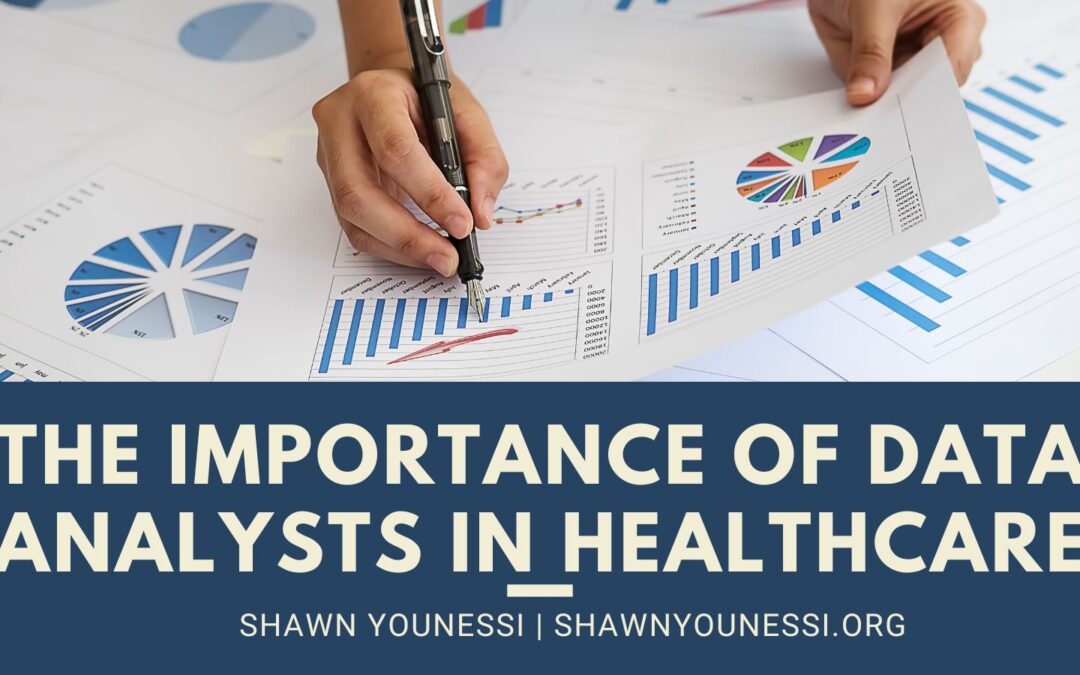The healthcare industry is constantly changing and evolving, and one of the most significant changes in recent years has been the rise of data analytics. With the explosion of data in healthcare, data analysts have become essential to the industry.
What Do Data Analysts Do?
Data Analysts are responsible for gathering, analyzing, and interpreting massive amounts of data, which can assist healthcare professionals in improving patient care, saving costs, and making more educated decisions.
Data analysts play a crucial role in healthcare because they help healthcare providers make sense of the vast amounts of data generated by medical records, patient outcomes, and healthcare operations. They analyze data to identify patterns, trends, and insights that can be used to improve healthcare delivery and patient outcomes. This information is then used to inform decisions about patient care, resource allocation, and operational efficiency.
Benefits and Value
One of the most significant benefits of data analytics in healthcare is its ability to improve patient outcomes. By analyzing data, healthcare providers can identify patterns and trends to help them identify patients at risk for certain conditions or illnesses.
By analyzing data on patient outcomes, healthcare providers can develop strategies to reduce readmissions, such as providing better discharge planning and follow-up care. This can lead to better patient outcomes and reduced healthcare costs.
Data analytics can also be used to improve operational efficiency in healthcare. Data analysts can identify areas where processes can be streamlined or improved by analyzing data on healthcare operations. This can lead to better resource allocation, reduced waste, and improved patient care.
By analyzing patient flow data, data analysts can identify the optimal staffing levels for each department and shift, which can help hospitals reduce costs and improve patient care.
In addition to improving patient outcomes and operational efficiency, data analytics can help healthcare providers reduce costs. Data analysts can identify areas where costs can be reduced, such as unnecessary procedures or tests, by analyzing data on healthcare utilization and costs. This can help healthcare providers reduce costs while maintaining or improving patient care.
Data analysts are essential to the healthcare industry because they have the skills and knowledge to collect, analyze, and interpret vast amounts of data. They are trained in statistical analysis, data visualization, and data mining, which allows them to identify patterns and trends in data that others may miss.
The importance of data analysts in healthcare cannot be overstated. They play a crucial role in collecting, analyzing, and interpreting data, which can be used to improve patient outcomes, reduce costs, and make more informed decisions. Data analytics will become even more critical to its success as the healthcare industry evolves.
